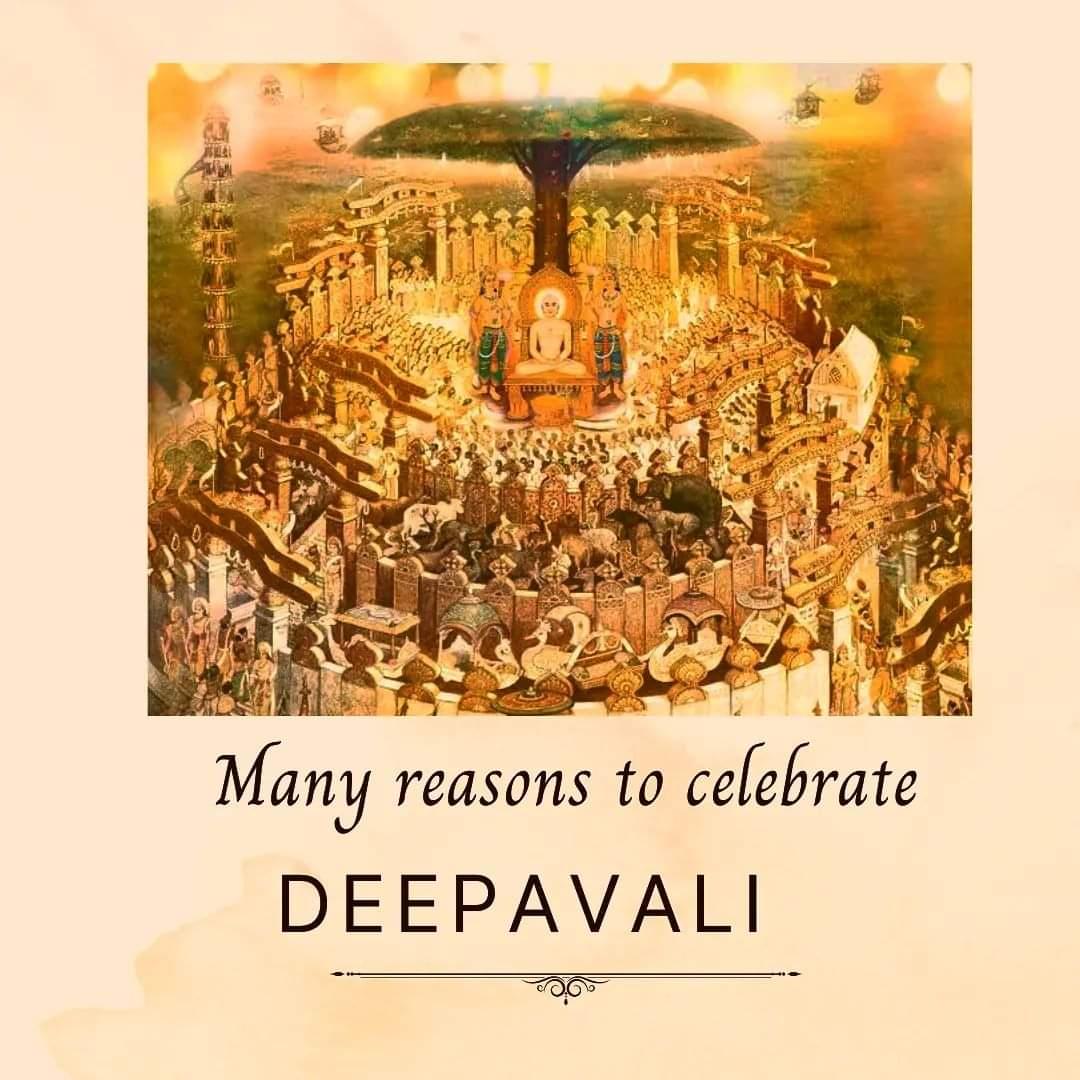Does the Jainism say destiny (Niyati) exists ? If yes, why is effort (Purusharth) needed ?
#Niyati
#Purusharth
#Jainism
#Niyati
#Purusharth
#Jainism
Yes, Jainism does say that destiny (Niyati) exists. At the same time, Jainism lays emphasis on efforts (Purushartha).
According to Jainism, there are five factors, together called Samavay, that are responsible for any event to take place in the universe.
These, in brief, are:
According to Jainism, there are five factors, together called Samavay, that are responsible for any event to take place in the universe.
These, in brief, are:
1. काल (Time) – Time gives sequence to whatever happens. You do not get fruits immediately after sowing the seeds. It takes certain amount of time.
2. स्वभाव (Own nature) – The seeds of lemon will not produce mango tree. A fish lives in water or a bird flies because of their own nature.
3. नियति (Destiny or Fate) – Whatever is destined will take place. Neither time nor own nature or any efforts can stop that. We cannot stop the ageing process or save someone from inevitable death.
4. कर्म – Everyone has to face the consequences of karma. No power can save you from the effects of past karma.
5. पुरुषार्थ (Efforts) - Nothing works without efforts. A seed cannot grow into a tree on its own unless you make efforts to sow the seed and water the plant/tree.
All the five factors work simultaneously with varying degree of weightage/importance.
Of the five factors, we have control only on Purushartha; the other four are beyond our control. That is why Jainism considers Purushartha as the most important factor and lays emphasis on it.
Of the five factors, we have control only on Purushartha; the other four are beyond our control. That is why Jainism considers Purushartha as the most important factor and lays emphasis on it.
Even destiny cannot happen without efforts. Bhagwan Mahavira was destined to be a Tirthankara, but he had to make efforts in the form of severe penance, meditation etc. for it. He could not have shed his karma and attain keval-gyan without efforts.
Moreover, Niyati is only a small part of what all happens in our life. A major part of our life (failure or success) depends on Purushartha.
Purushartha (efforts) is, thus, the most important factor. You cannot achieve anything without Purushartha.
Purushartha (efforts) is, thus, the most important factor. You cannot achieve anything without Purushartha.
• • •
Missing some Tweet in this thread? You can try to
force a refresh








